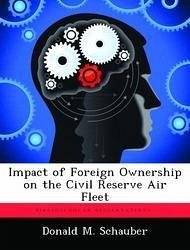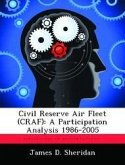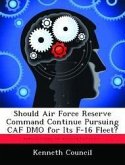Since the beginning of manned flight, the movement of men and equipment by air has been critical to our nation's national security. This realization led to the establishment of the Civil Reserve Air Fleet (CRAF) in 1951 to augment the nation's military airlift fleet in times of national emergency. In the fifty-six years following its inception, CRAF has proven itself numerous times as a critical enabler to our military strategy. Recent changes within the military and trends towards a globalized economy have the Department of Defense (DOD) and U.S. airlines on diverging paths. The purpose of this paper is to examine these changes and their possible impact on our national security. Following a basic overview outlining CRAF and its criticality, the paper will examine the conflict of interest between our national economy and our national security regarding the push to liberalize airline ownership and control. The paper will conclude by examining some possible options and recommendations that may help address the concerns so as to ensure the CRAF program remains a viable and integral part of our military capability.
Hinweis: Dieser Artikel kann nur an eine deutsche Lieferadresse ausgeliefert werden.
Hinweis: Dieser Artikel kann nur an eine deutsche Lieferadresse ausgeliefert werden.








